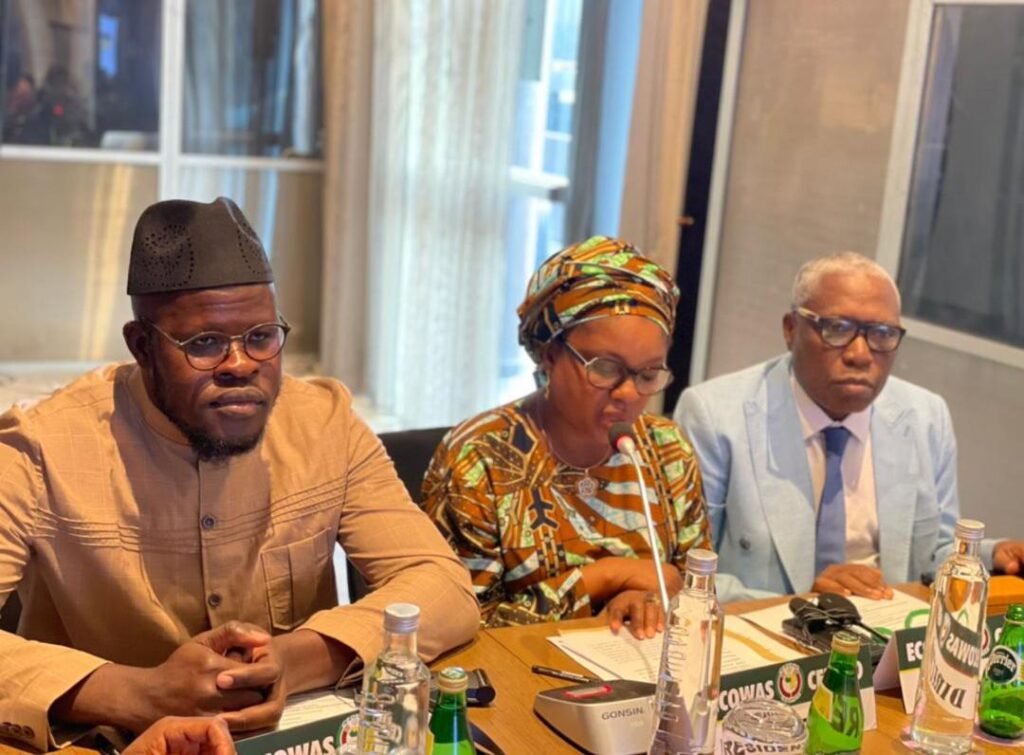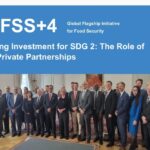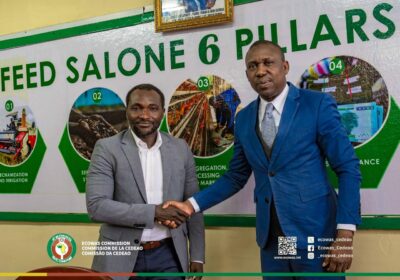ECOWAS and World Bank Host Workshop to Strengthen Fiscal Transparency in Francophone and Lusophone West Africa.
By Raymond Enoch
In a significant move to strengthen fiscal governance across West Africa, the ECOWAS Commission, in partnership with the World Bank, has concluded a high-level, four-day regional workshop on Fiscal Expenditures Methodology for Francophone and Lusophone States. Held from July 28–31, 2025, in Dakar, Senegal, the workshop convened finance experts, government officials, and international partners to deepen capacity on evaluating and managing tax expenditures—a key tool in economic policy and development financing.

The workshop reflects ECOWAS’ sustained push for greater fiscal transparency, harmonization of methodologies, and accountability in tax incentive regimes across its Member States. It also aligns with the implementation of the 2023 ECOWAS Directive on Tax Expenditures, which calls for improved reporting standards and better alignment of fiscal incentives with national development priorities.
Representing the Senegalese Government, Mr. Issa Faye, delegate of the Minister of Finance, warmly welcomed participants and reaffirmed Senegal’s dedication to regional integration and sound economic governance. “Tax exemptions, if well-targeted, can be tools for growth and poverty reduction. However, their real impact must be rigorously measured,” he stated, noting Senegal’s pride in hosting the regional event as a demonstration of its leadership in fiscal reform and cooperation.
Mr. Rajiv Kumar, speaking on behalf of the World Bank, praised the progress made by several ECOWAS nations in enhancing fiscal transparency. “The World Bank is pleased to support ECOWAS in this timely initiative. Strengthening capacity in managing the fiscal and economic impact of tax expenditures is essential for building resilient, inclusive economies,” he remarked.
Highlighting the strategic relevance of the workshop, H.E. Ambassador Zelma Yollande Nobre Fassinou, ECOWAS Resident Representative to Senegal, emphasized the importance of aligning tax expenditure practices with regional and international standards. “Tax expenditures, when not properly evaluated, can undermine domestic resource mobilization and limit governments’ capacity to fund vital public services,” she warned.
Ambassador Fassinou also underscored the workshop’s dual value: technical training and regional collaboration. “This is more than just a learning session; it’s a critical space for dialogue, peer exchange, and strengthening partnerships. It supports our collective ambition for transparent and accountable fiscal policy management,” she said. She encouraged member states to ensure timely and comprehensive tax expenditure reporting, in line with the ECOWAS Directive.
The workshop included technical sessions on tax expenditure frameworks, hands-on practical exercises, and national presentations where participants shared challenges, innovations, and best practices. Officials from finance ministries and tax administrations from Francophone and Lusophone ECOWAS countries actively engaged in the sessions, with support from regional and international development partners.
This initiative marks a crucial step forward in reinforcing the economic architecture of the ECOWAS region. By enhancing national capacities and fostering methodological coherence, ECOWAS aims to ensure that tax incentives become more transparent, efficient, and aligned with the bloc’s broader development agenda.
As fiscal pressures mount globally, this workshop serves as a timely and strategic effort to build smarter, more accountable public financial systems across West Africa—an essential foundation for long-term, sustainable development.








